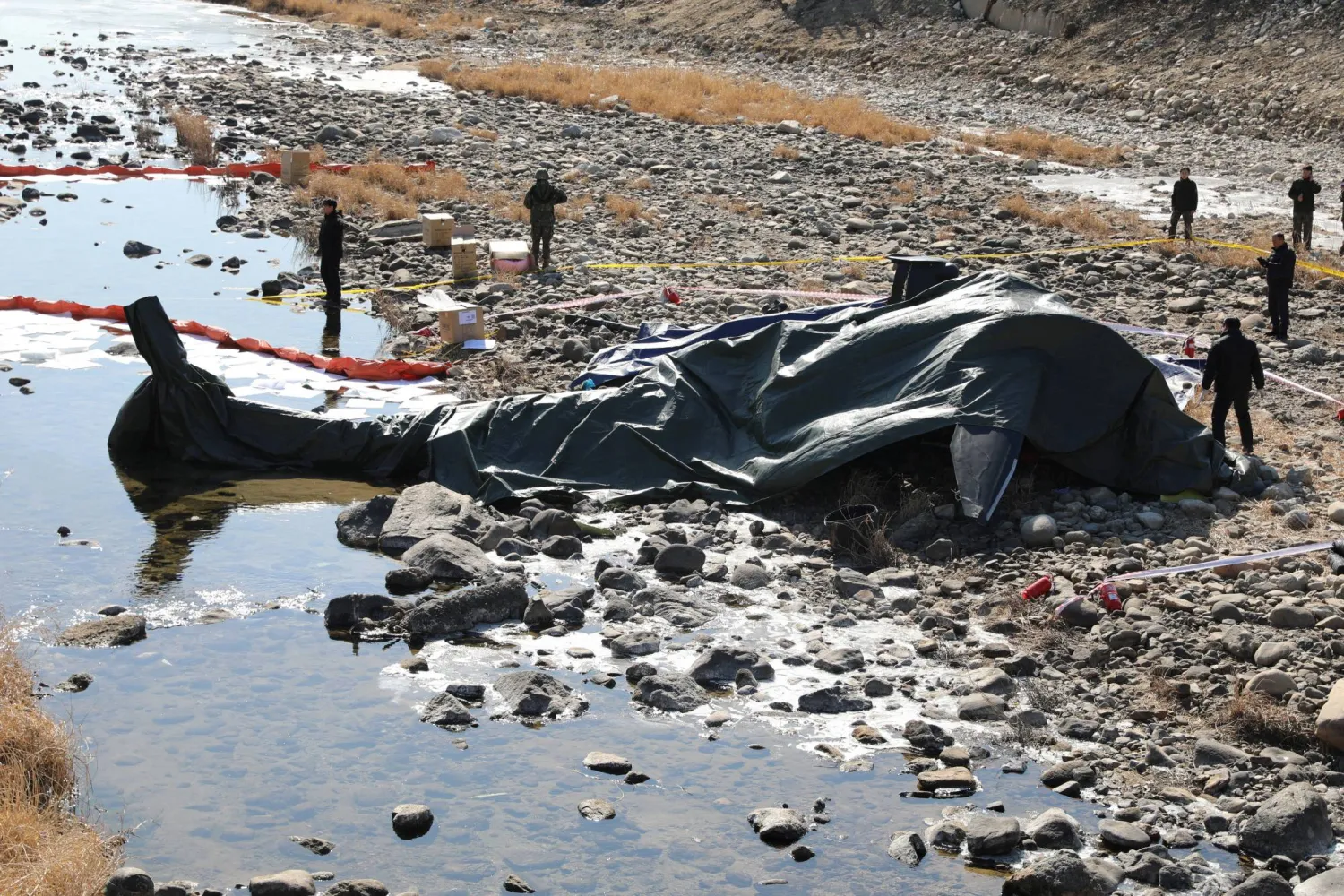France on Wednesday expelled an Iranian suspected of influence peddling on behalf of Tehran and having links to the Revolutionary Guard’s ideological army, his lawyer and Iranian officials said.
Biazar had been held in administrative detention since the beginning of June and was subject to a deportation order from the French interior ministry, said AFP..
His lawyer, Rachid Lemoudaa, said that the expulsion order was based on assumptions and that his client “have never been made aware of any threat whatsoever".
Mohammad Mahdi Rahimi, the head of public relations for the office of the Iranian president, wrote on X that Biazar "has been released and is on his way back to his homeland."
The case has emerged at a time of heightened tensions between Paris and Tehran, with three French citizens, described by France as "state hostages," still imprisoned in Iran.
A fourth French detainee, Louis Arnaud, held in Iran since September 2022, was suddenly released last month.
Activist group Iran Justice and victims of human rights violations filed the torture complaint against Biazar last month in Paris.
A representative of the French interior ministry, speaking at a hearing earlier Wednesday, said Biazar was an "agent of influence, an agitator who promotes the views of the Islamic Republic of Iran and, more worryingly, harasses opponents of the regime."
The representative accused Biazar of filming journalists from Iranian opposition media in September in front of the Iranian consulate in Paris after an arson attack on the building.
French authorities also accused him of posting messages on social networks in connection with the war between Israel and the Palestinian militant group Hamas in Gaza in which he denounced "Zionist dogs."
The complaint referred to the regular broadcasts by Iranian state television of statements by, and even interviews with, Iranian or foreign prisoners, which activists regard as forced confessions.
"It is incomprehensible ... that no legal proceedings have been initiated" against Biazar, Chirinne Ardakani, the Paris-based lawyer behind the complaint, told AFP.
She said there were "serious indications" implicating Biazar "in the production, recording and broadcasting of forced confessions obtained clearly under torture."
"Nothing is clear in this case," she added.
The French citizens still held in Iran are Cecile Kohler, a teacher, and her partner Jacques Paris, detained since May 2022, and another man identified only as Olivier.
Kohler appeared on Iranian television in October 2022 giving comments activists said amounted to a forced confession.
Amnesty International describes Kohler as "arbitrarily detained ... amidst mounting evidence Iran's authorities are holding her hostage to compel specific action[s] by French authorities."
France Expels Iranian Suspected of Having Links to IRGC

FILE PHOTO: Members of Iran's Revolutionary Guards participate in a military parade to commemorate the anniversary of the start of the 1980-1988 Iran-Iraq war, in Tehran September 21, 2008. REUTERS/Caren Firouz (IRAN)/File Photo

France Expels Iranian Suspected of Having Links to IRGC

FILE PHOTO: Members of Iran's Revolutionary Guards participate in a military parade to commemorate the anniversary of the start of the 1980-1988 Iran-Iraq war, in Tehran September 21, 2008. REUTERS/Caren Firouz (IRAN)/File Photo
لم تشترك بعد
انشئ حساباً خاصاً بك لتحصل على أخبار مخصصة لك ولتتمتع بخاصية حفظ المقالات وتتلقى نشراتنا البريدية المتنوعة







